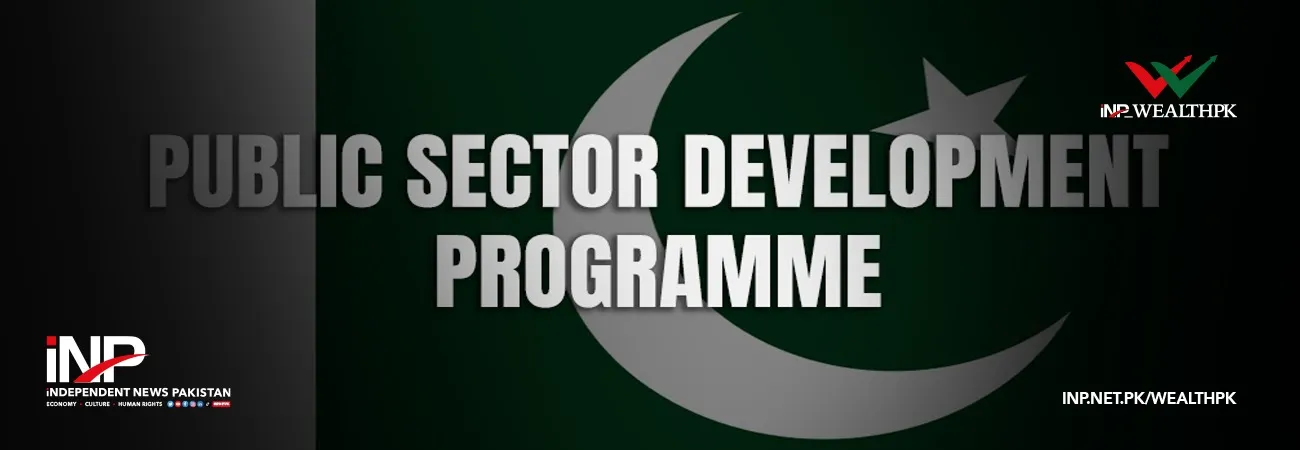INP-WealthPk
Ayesha Saba
Pakistan has been endeavouring to foster mutual relationship with Middle Eastern countries through the implementation of well-crafted economic policies. “These policies prioritise trade and investment facilitation, economic diversification, labour market cooperation, energy collaboration, cultural exchanges and diplomatic engagements,” said Dr Ali Awadh Asseri, former Ambassador of the Kingdom of Saudi Arabia to Pakistan, during a panel discussion titled ‘Development in the Middle East: Lesson and Opportunities for Pakistan’. Participating in the discussion through video link from Saudi Arabia, he also pointed out that over two million Pakistanis worked in Saudi Arabia, and their remittances amounted to $5 billion a year. He urged the chambers of commerce and industries of the two countries to cooperate more intensely and take their interaction to the next level.
Pointing out that trade between the two countries currently stood at less than $3bn, he said Pakistan could integrate its economy with the Central Asian and other countries by benefitting from the Saudi Arabia’s Vision 2030 as it was interlinked with the Belt and Road Initiative. Khan Hasham Bin Siddiqui, former ambassador to Saudi Arabia and former president of Islamabad Policy Research Institute, who also participated in the panel discussion, told WealthPK that economic diversification was a key factor for Pakistan in enhancing its relationship with the Gulf Cooperation Council (GCC) countries. “Pakistan should aim for expanding its export basket by promoting industries with high potential for growth,” he stressed.
“Sectors such as textiles, garments, processed foods, information technology, tourism and construction offer promising opportunities. Pakistan can provide competitive incentives like tax breaks and subsidies to attract foreign direct investment from GCC countries,” he said. Hasham Siddiqui said as young people make up more than 50% of Pakistan's population, they could get suitable jobs in the GCC countries provided the government trained them according to the market demand. Azfar Ahsan, former chairman of the Board of Investment, who was also one of the panelists, told WealthPK that Pakistan should create a niche for different economic visions of the GCC countries: Saudi Vision 2030, Oman Vision 2040 and Abu Dhabi Economic Vision 2030, particularly in energy and food security.
“UAE has taken the lead in clean energy. It is investing both in technology and in projects like solar, wind or any other renewable resource. As Pakistan is facing energy shortages, its collaboration with the UAE in these sectors can be mutually beneficial,” he said. He urged the government to seek long-term agreements with GCC countries for oil and gas imports, joint ventures in renewable energy projects and technology transfer.
Credit : Independent News Pakistan-WealthPk













